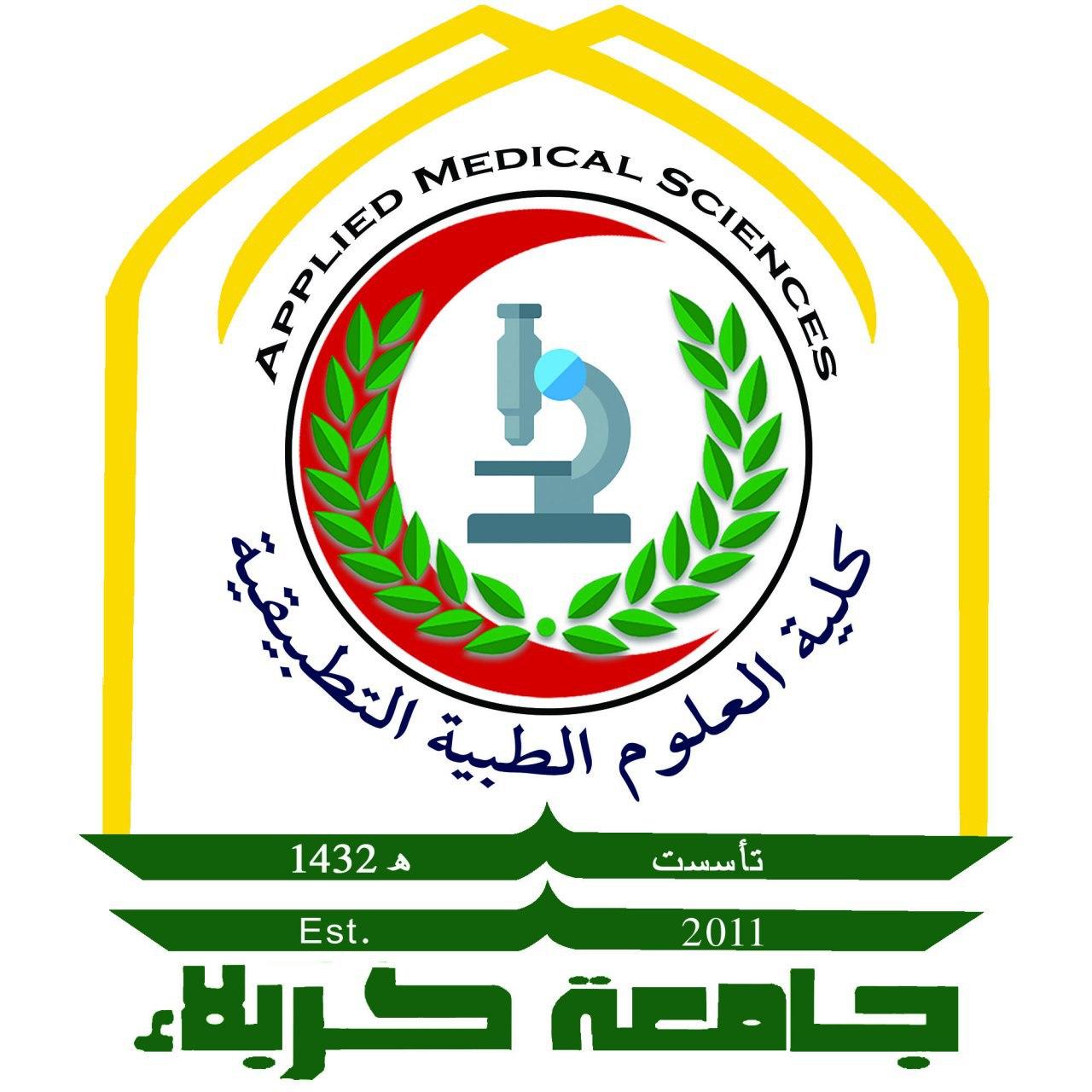Blog
Aflatoxin B1 as a Threshold Concept of Uncertain Etiology of Chronic Kidney Diseases
Abstract
A case control study was conducted in karbala province to investigate aflatoxin B1 (AFB1) exposure among
the chronic kidney disease (CKD) patients and healthy control. AFB1 level were measured qualitatively by
Thin layer chromatography and quantitatively by high-performance liquid chromatography.The assessment
of positive AFB1 samples were evaluated along with biomarkers of renal functions tests.
The results showed that the investigated population were exposed to Aflatoxins. AFB1 was detected in 100%
of uncertain CKD patients and 24%, 20% in certain CKD patients and healthy control respectively. The
concentration ranges in serum samples were 0.68 –8.33 ng/mL for uncertain CKD patients, 1.21-5.60 ng/mL
for certain CKD patients and 0.11- 1.30 ng/mL for healthy control. The un-certain etiology of CKD patients
had a significant associations of decreasing GFR and increasing the levels of urea, creatinine with positive
serum AFB1. This association was also highly interest with regard to potential interactions with Urea levels
in the control group. The measurement of the AFB1 in serum samples of CKD patients and healthy control
were indicated a long term exposure to the toxin which result in uncertain etiology of CKD. The effect
of AFB1 exposure was confirmed through the assessment of the biochemical marker of renal tests. This
study can be a good establish of a national AFs exposure monitoring programs. Also the study highlighted
the needing to identify the pathogenesis of contribution AFB1 in the increasing number of uncertain CKD
patients. Future study is encouraged to focus on broader areas which cover the whole of country.
Keywords: chronic kidney disease, aflatoxins, renal damage, Idiopathic chronic kidney disease
Post Views: 30



























































